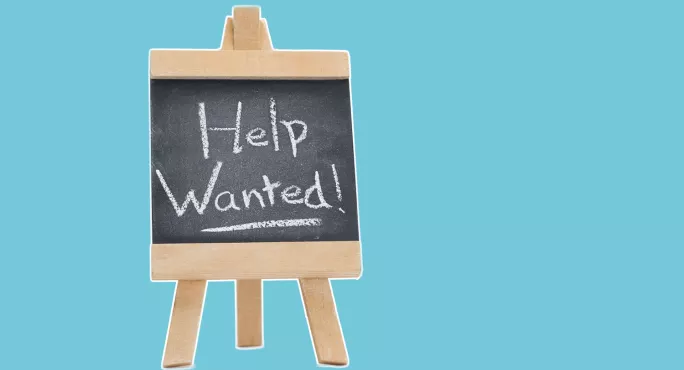Which country’s leader, on being asked at the recent World Economic Forum in Davos how to raise the status of teachers, said: “Pay them more, celebrate them and ultimately allow them opportunities to grow and become prime ministers of their countries”?
You’re right, it wasn’t ours. It was in fact Canada’s Justin Trudeau, who understands what being a teacher entails having been one himself and knows to encourage and to cherish.
The new education secretary, Damian Hinds, would do well to learn from him. He failed to endear himself to the profession when in one of his first pronouncements in the job he told them that schools have more money “than ever before in the history of the country” (see bit.ly/HindsMoney).
He may be economically correct - the Institute for Fiscal Studies has indeed shown that schools are much better off than they were in 1997. But while that sort of rhetoric may play well in the political point-scoring of the House of Commons, it’s not going to win over headteachers and teachers attempting to deliver a decent education against a backdrop of rising costs, leaky classrooms and resources - both internal and external - drying up.
Moreover, historic comparisons are somewhat irrelevant. Education is far more complex than it was 20 years ago, with many more demands placed on schools, which are also picking up the pieces as other services have pulled out.
But, as we know, funding can get you only so far. An education system is only as good as its teachers. Or, more to the point, it’s only as good as its teaching, as Chris Husbands, now vice-chancellor of Sheffield Hallam University, pointed out when director of the UCL Institute of Education.
Not enough applicants
All of which should be a warning signal for the government’s suggestion of lowering the bar for entry into the profession. Of course, the government insists that it is not reducing entry standards, which is true as it hasn’t - yet.
“The emphasis,” says minister for school standards Nick Gibb, “must be on assessing applicants based on their suitability to teach, rather than whether they are ready to teach at the point of entry.”
In politico speak, that translates as worrying less about political grandstanding such as demanding a 2:1 for all new teachers, and recognising that good teachers can come from all walks of life.
That is all well and good, but the problem is that there are not enough people applying to become teachers in the first place, a problem the government has consistently failed to address. Even more importantly, it has totally failed to address the retention crisis - thousands of experienced teachers are fleeing the profession every year. By some estimates, 15 times as much money is spent on finding new teachers as keeping them once they’ve mastered the art of teaching.
Ministers were “sluggish and incoherent” in responding to this “crisis brewing”, according to the House of Commons Public Accounts Committee, and the Department for Education did not understand why increasing numbers of teachers were leaving the profession. More worryingly, the PAC criticised ministers for not having a coherent plan to tackle teacher retention and development (see bit.ly/ShortagesReport).
Lowering that entry bar may fix a short-term problem, but it could also pull down the status of the profession with it and make it less appealing in the longer term.
Making teaching attractive should be the government’s number one priority. Fewer short-term-fixes, less burying of heads in the sand, less teacher-bashing. More pay, more love, more opportunity. In short, less Hinds, less Gibb, more Trudeau.
@AnnMroz




